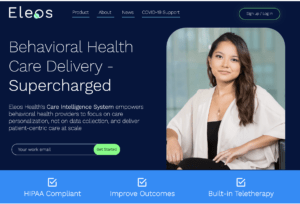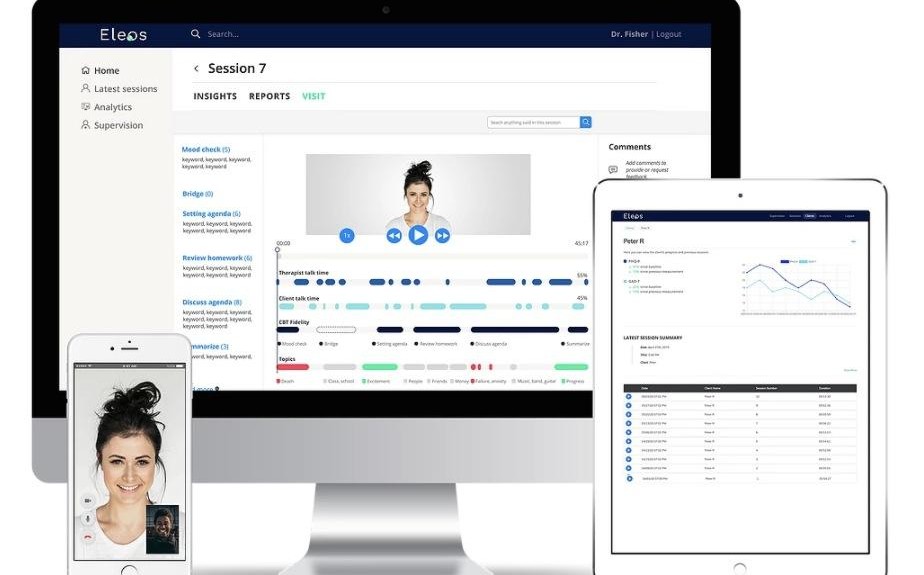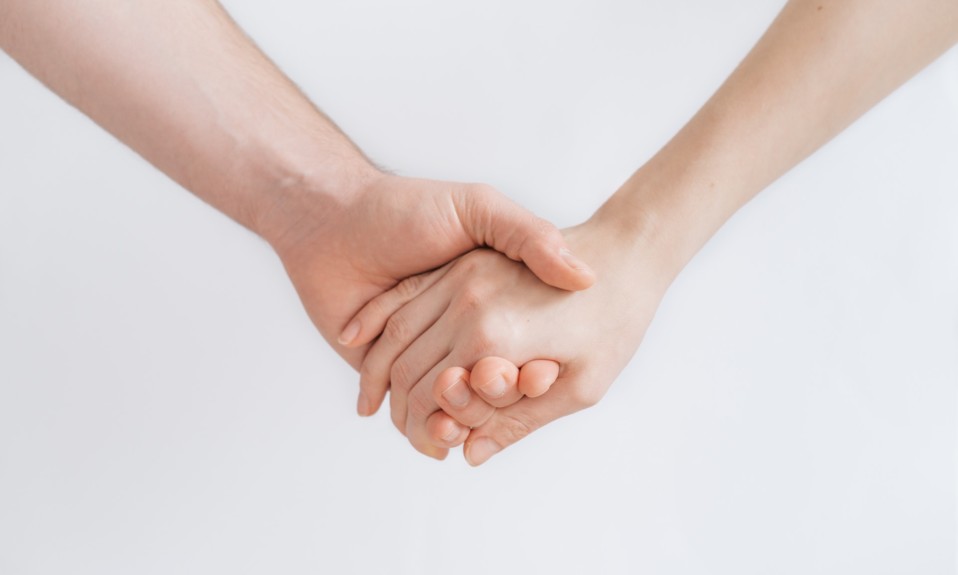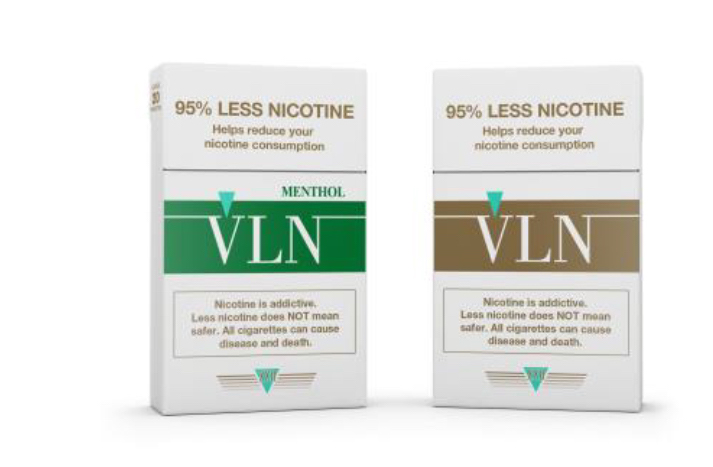New behavioral health-tech startup features a clinical decision-support AI designed to improve and expedite patient outcomes
By Jason Langendorf
October 15, 2020Eleos Health is a behavioral health technology firm attempting to position itself on the front edge of data-based AI therapeutics. The company’s artificial intelligence platform was designed to scrutinize a range of metrics during therapy sessions, using voice analysis and decision-support technologies to gather actionable feedback—much of which is inherently difficult for a clinician to track in real time.
It starts with the firm’s CEO and co-founder Alon Joffe and his team “teaching” the machine which data points to capture, including those in the two areas he says affect behavioral health outcomes most: evidence-based techniques and strategies, and the therapeutic alliance. The results: fewer distractions for therapists, a deeper and clearer pool of data and a stronger focus on the patient.
This software is informed by a role Joffe served before he began leading Eleos: He was part of an elite combat search-and-rescue unit in the Israel Air Force.
We really got to the point where we believed that the way to improve outcomes, the way to drive this industry forward, is by empowering clinicians. I think that clinicians are the heroes of this space. I think they’re doing incredibly difficult jobs, and they are lacking the tools.”—CEO and co-founder Alon Joffe, Eleos Health
While fulfilling his military duty, Joffe experienced his share of trauma. But he says it was friends he served with—many whose recovery from PTSD has been painfully slow—who inspired him to take action. When a chance introduction to Dror Zaide and Alon Rabinovich at an entrepreneurship program revealed similar influences and a like-mindedness of purpose, the trio soon agreed on their mission and founded Eleos together.

“We really got to the point where we believed that the way to improve outcomes, the way to drive this industry forward, is by empowering clinicians,” Joffe says. “I think that clinicians are the heroes of this space. I think they’re doing incredibly difficult jobs, and they are lacking the tools. Right now, for a lot of them, they still only have their notebooks—which are great. But with the tsunami of demand that we’re now seeing in mental health, we believe that more advanced tools can really help them.”
“Once the engine has done its analysis, the data is fed back to the clinician, together with a compliance-ready progress notes that were generated for that session, plus a routine outcome measurement that was gathered directly from the client,” Joffe adds. “So at the end of the day, they see the full transcription and analysis, the reports and the outcome—basically everything they need to, first, drive treatment outcomes and, second, really streamline their preparation for the next visit with this client.”
The software is HIPAA-compliant and employed at the patient’s consent. Eleos’ goal is to free up clinicians to offer their undivided attention to clients during sessions, and then provide prioritized, evidence-based data to help them cut through the clutter and make better-informed decisions moving forward. Joffe says the reports generated by Eleos can do “80% of the heavy lifting” for therapists, helping prevent burnout and strengthening the clinician-patient connection while improving and expediting therapy outcomes.
“I think this is very much the vision of the company, to really drive personalized, behavioral health treatment,” Joffe says. “Because we know that it will be able to deliver personalized treatment that will drive outcomes and that patients will see the benefit from that.”
In September, Eleos and Universal Health Services (UHS) announced the launch of a joint pilot program to measure the effectiveness of the software, specifically within the setting of the COVID-19 pandemic. The results of the six-week pilot, already in progress at a UHS residential behavioral health facility in Nashville, Tenn., will inform a larger pilot to come.
Photos: Eleos Health













